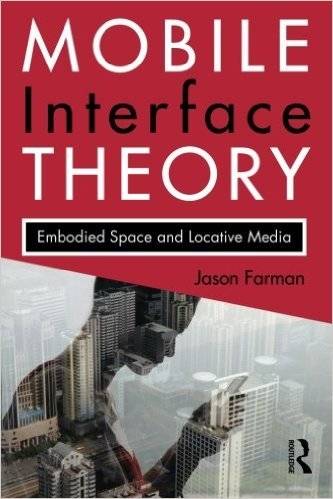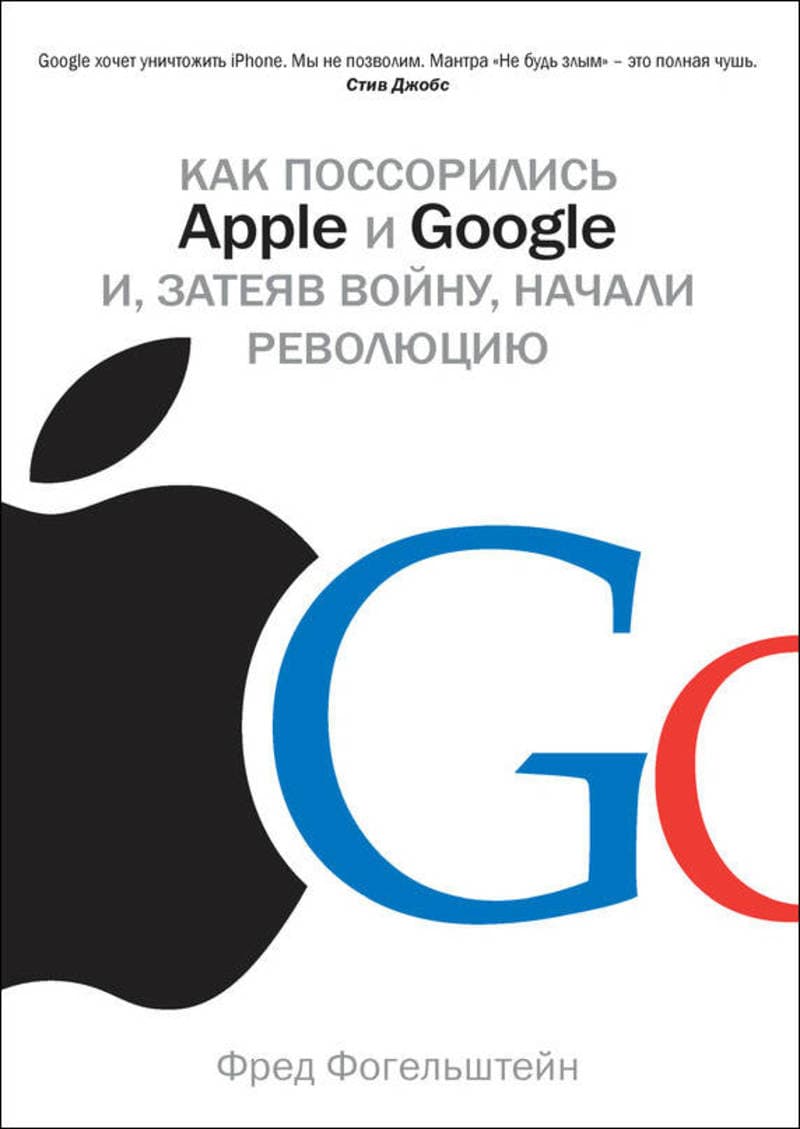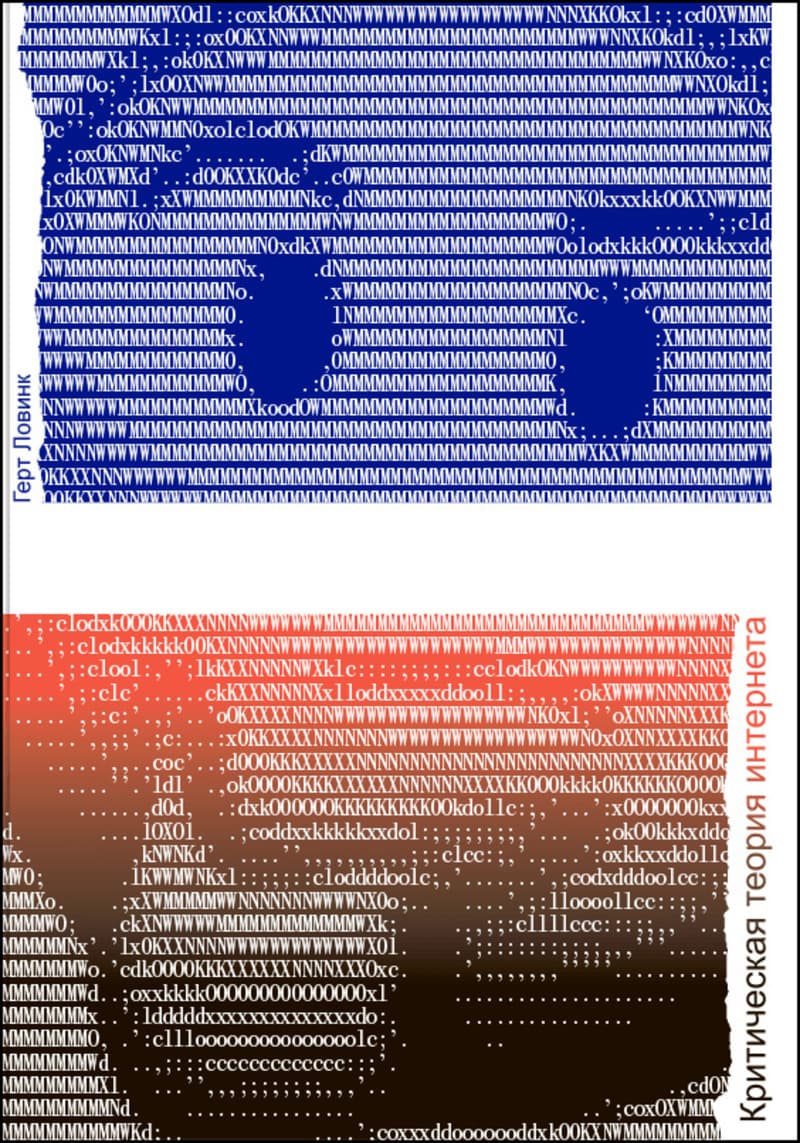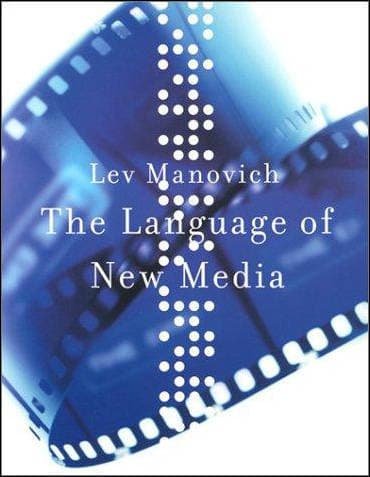Mobile Interface Theory: Embodied Space and Locative Media
Mobile media — from mobile phones to smartphones to netbooks — are transforming our daily lives. We communicate, we locate, we network, we play, and much more using our mobile devices. In Mobile Interface Theory, Jason Farman demonstrates how the worldwide adoption of mobile technologies is causing a reexamination of the core ideas about what it means to live our everyday lives. He argues that mobile media’s pervasive computing model, which allows users to connect and interact with the internet while moving across a wide variety of locations, has produced a new sense of self among users — a new embodied identity that stems from virtual space and material space regularly enhancing, cooperating or disrupting each other. Exploring a range of mobile media practices — including mobile maps and GPS technologies, location‑aware social networks, urban and alternate reality games that use mobile devices, performance art, and storytelling projects — Farman illustrates how mobile technologies are changing the ways we produce lived, embodied spaces.
Details
New York City
2012
168 pages
9780415878913
Available on request
Yes
Yes
701.17 Far
1
- Понимание медиа: внешние расширения человека2014
- Как поссорились Apple и Google и, затеяв войну, начали революцию2014
- Критическая теория интернета2019
- The Language of New Media2001
- Genealogy and Ontology of the Western Image and Its Digital Future2012
- Техники наблюдателя2014
- Искусство экрана: от синематографа к Интернету2010
- Studies of Video Practices: Video at Work2014
- Новые соединения. Цифровые космополиты в коммуникативную эпоху2015
- От мольберта к машине2015
- По ту сторону репрезентации2021
- Uncommon Grounds: New Media and Critical Practices in North Africa and the Middle East2014












